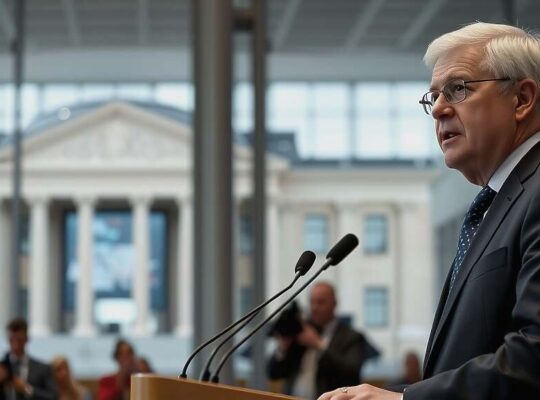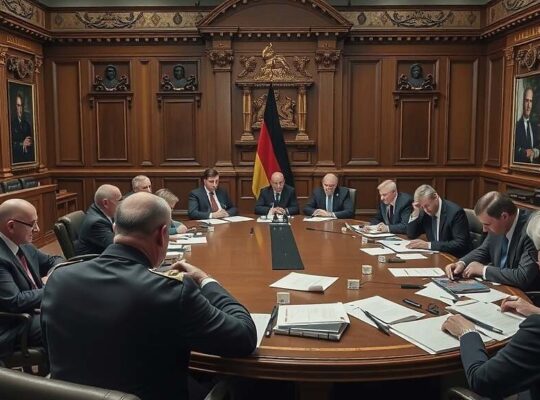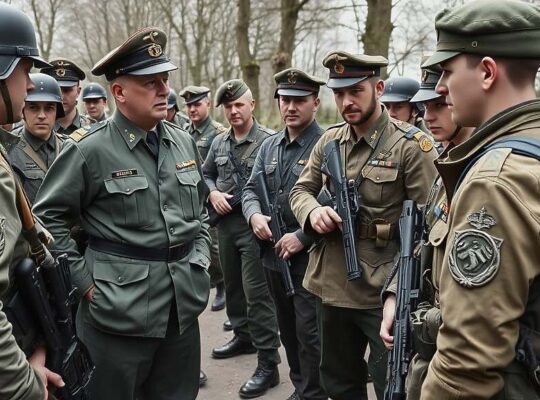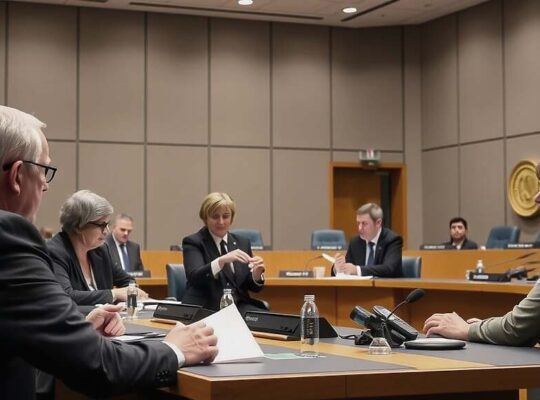Germany’s vital Mittelstand, the backbone of its economy, is scrambling to capitalize on anticipated substantial contracts from the Bundeswehr (German Armed Forces), sparking a surge in interest and expansion within the defense industry sector. The Bundesverband der deutschen Sicherheits- und Verteidigungsindustrie (BDSV), the national association for German security and defense industries, has witnessed a near doubling of its membership since November 2024, climbing from 243 to 440, according to reports in Handelsblatt.
This explosive growth is largely driven by Mittelstand companies – businesses employing fewer than 300 individuals – representing roughly two-thirds of the new members. These firms, often suppliers previously focused on the automotive and mechanical engineering sectors facing dwindling demand, now perceive a compelling opportunity for growth within the defense arena. “We are being inundated with inquiries” stated Cathrin Wilhelm, BDSV’s Mittelstand representative.
The shift is underpinned by the Bundeswehr’s renewed focus on modernization and procurement, prompted by geopolitical instability and a re-evaluation of national security. Businesses possessing technical expertise, established manufacturing capabilities and rigorous quality standards are actively exploring their potential roles as suppliers for arms and defense contracts, particularly in areas like mechanical components, assembly and specialized coatings.
However, the transition is not without significant hurdles. Securing funding constitutes a critical challenge for many Mittelstand firms venturing into the defense sector. While some banks and investment funds have adjusted their internal policies to permit investments previously deemed unethical due to their association with arms production, the ongoing reluctance to finance capacity-building remains a major impediment. Many of the anticipated large-scale contracts have yet to reach the supplier level, resulting in banks exhibiting caution when considering financial commitments. This financing gap threatens to stifle growth and potentially limit the Mittelstand’s ability to fully support the Bundeswehr’s ambitious modernization plans.
Furthermore, the rapid influx of new members raises questions regarding the sustainability of the BDSV’s capacity to effectively represent and support the expanded membership, especially considering the complex regulatory and ethical considerations inherent in the defense industry. The Bundeswehr’s accelerated procurement timeline also creates pressure on these businesses, potentially compromising quality and long-term viability if they are hurried into production without sufficient investment in infrastructure and skilled personnel. The situation demands careful monitoring and proactive government intervention to mitigate potential risks and ensure a balanced and ethically sound approach to Germany’s renewed defense focus.












